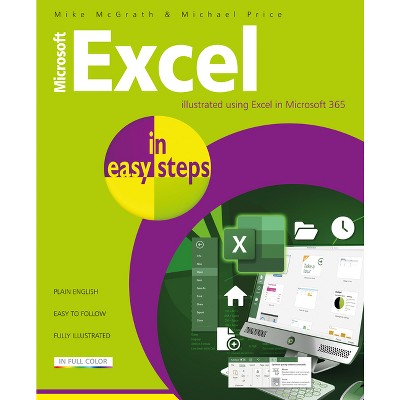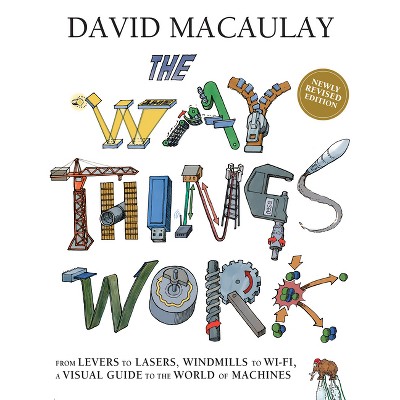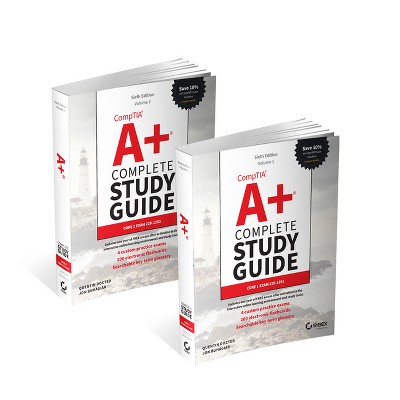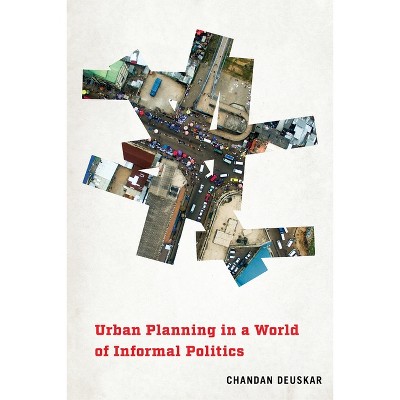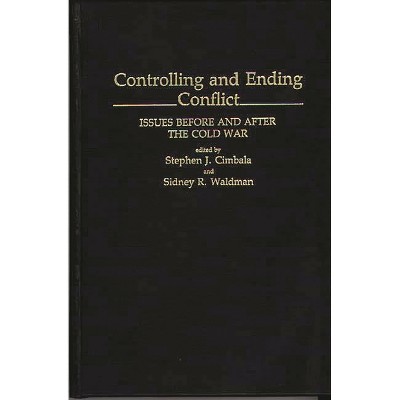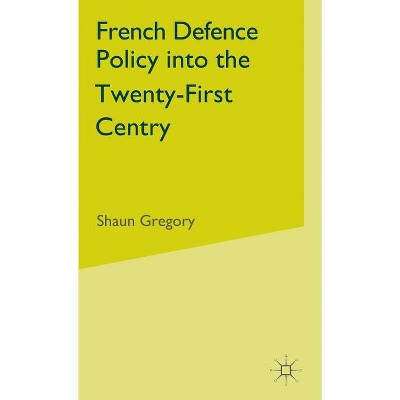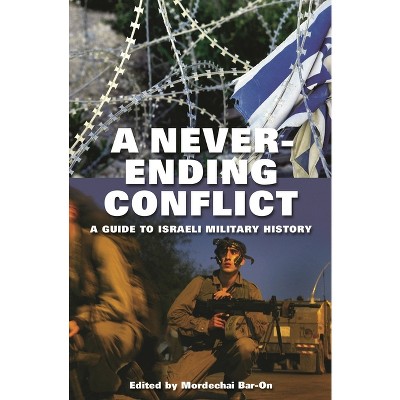Sponsored

Planning for Conflict in the Twenty-First Century - (PSI Reports) by Brian Hanley (Hardcover)
In Stock
Sponsored
About this item
Highlights
- This book aims to serve the military profession, and so the national interest, by helping to generate intelligent reform of how the armed forces train, educate, and promote officers who shape our military strategy and write our war plans.
- About the Author: Brian Hanley is Associate Professor at the U.S. Air Force Academy.
- 236 Pages
- Technology, Military Science
- Series Name: PSI Reports
Description
About the Book
This book aims to serve the military profession, and so the national interest, by helping to generate intelligent reform of how the armed forces train, educate, and promote officers who shape our military strategy and write our war plans. Readers will discover the professional and intellectual improvement that wide reading in the masters of historical narrative offers to them. The first chapter, Lessons Not Learned, surveys our strategic documents-and their recent applications-and offers criticism and recommendations. The second chapter, Transformation Ballyhoo, evaluates our current efforts at military transformation and offers an alternative approach to rehabilitating our armed forces. The third chapter, The Brain of An Army, offers ideas on building a first-rate Joint War College. Chapters four through six focus on military campaigns: France 1940; Stalingrad; North Africa, 1940-43. The theme is that moral and intellectual qualities determine the fate of armies in war, and that material and bureaucratic machinery are not nearly so vital as we seem to think nowadays.
Book Synopsis
This book aims to serve the military profession, and so the national interest, by helping to generate intelligent reform of how the armed forces train, educate, and promote officers who shape our military strategy and write our war plans. Readers will discover the professional and intellectual improvement that wide reading in the masters of historical narrative offers to them. The first chapter, Lessons Not Learned, surveys our strategic documents-and their recent applications-and offers criticism and recommendations. The second chapter, Transformation Ballyhoo, evaluates our current efforts at military transformation and offers an alternative approach to rehabilitating our armed forces. The third chapter, The Brain of An Army, offers ideas on building a first-rate Joint War College. Chapters four through six focus on military campaigns: France 1940; Stalingrad; North Africa, 1940-43. The theme is that moral and intellectual qualities determine the fate of armies in war, and that material and bureaucratic machinery are not nearly so vital as we seem to think nowadays.Review Quotes
"Brian Hanley....presents a strongly argued case for reforming both the mentality and the structure of the education of American officers away from narrowly defined professional learning and a system of systems approach toward a broader education based in the humanities, especially the study of history....Hanley's work deserves to be read by those interested in the future of Professional Military Education. In the wake of all that has gone terribly wrong in Iraq, the United States will need to take a serious look at its military's strengths and weaknesses. Not all of these answers will involve adding new generations of weapons and communications technologies. We will also have to begin to rethink how we prepare our officers for the battlefields of the future. Hanley's thesis and his proposals for reform deserve to be a part of that discussion." --Proceedings
About the Author
Brian Hanley is Associate Professor at the U.S. Air Force Academy. He received his M.Litt from Oxford University and is the author of Samuel Johnson as Book Reviewer: A Duty to Examine the Labours of the Learned (2001), as well as over a dozen articles in such military journals as World Defence Systems, Joint Forces Quarterly, and War, Literature, and the Arts.